
Gliwice: A Hidden Gem in Upper Silesia
Gliwice, nestled in the heart of Upper Silesia in Poland, is a city rich with history, charm, and a surprising blend of old and new. Known for its well-preserved medieval architecture, this city invites you to take a walk through time with its cobblestone streets and historic buildings. Gliwice’s Old Town is a picturesque area where you can find the Gothic All Saints Church and the iconic Gliwice Castle, which now houses a fascinating museum showcasing the city's storied past. Gliwice is not just a city of the past; it is also a vibrant, modern hub. The city is home to the Silesian University of Technology, giving it a youthful and energetic atmosphere. You can explore the Palm House, a unique botanical garden that houses exotic plants and offers a peaceful retreat from the bustling city. The city also prides itself on its green spaces, with parks like the Silesian Park offering perfect spots for relaxation and leisure. The local cuisine is another highlight of Gliwice. Traditional Polish dishes can be savored in cozy restaurants and cafes scattered throughout the city. From hearty pierogi to sweet paczki, your taste buds are in for a treat. Additionally, the city's location makes it an excellent base for exploring the greater Silesian region, with easy access to major cities like Katowice and Krakow.
Local tips in Gliwice
- Visit the Gliwice Radio Tower, the tallest wooden structure in Europe, for panoramic views and a touch of history.
- Take a stroll through the picturesque Rynek Square, especially in the evening when it is beautifully lit.
- Don't miss the local markets, especially on weekends, for fresh produce and unique Polish handicrafts.
- Check out the events at the Silesian University of Technology for cultural and educational activities.
- Use Gliwice as a base to explore nearby attractions like the industrial heritage sites in Katowice and the historical wonders of Krakow.
Gliwice: A Hidden Gem in Upper Silesia
Gliwice, nestled in the heart of Upper Silesia in Poland, is a city rich with history, charm, and a surprising blend of old and new. Known for its well-preserved medieval architecture, this city invites you to take a walk through time with its cobblestone streets and historic buildings. Gliwice’s Old Town is a picturesque area where you can find the Gothic All Saints Church and the iconic Gliwice Castle, which now houses a fascinating museum showcasing the city's storied past. Gliwice is not just a city of the past; it is also a vibrant, modern hub. The city is home to the Silesian University of Technology, giving it a youthful and energetic atmosphere. You can explore the Palm House, a unique botanical garden that houses exotic plants and offers a peaceful retreat from the bustling city. The city also prides itself on its green spaces, with parks like the Silesian Park offering perfect spots for relaxation and leisure. The local cuisine is another highlight of Gliwice. Traditional Polish dishes can be savored in cozy restaurants and cafes scattered throughout the city. From hearty pierogi to sweet paczki, your taste buds are in for a treat. Additionally, the city's location makes it an excellent base for exploring the greater Silesian region, with easy access to major cities like Katowice and Krakow.
When is the best time to go to Gliwice?
Iconic landmarks you can’t miss
The Municipal Palm House, Gliwice
Explore the lush paradise of the Municipal Palm House in Gliwice, a botanical garden showcasing exotic plants and captivating landscapes.
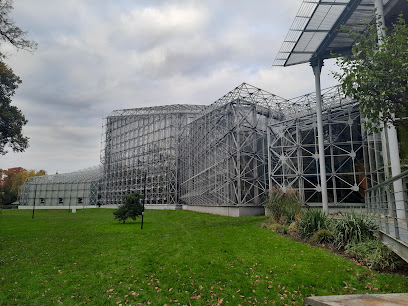
Funzeum
Experience a blend of creativity and fun at Funzeum, Gliwice's premier amusement center featuring modern art and interactive installations.
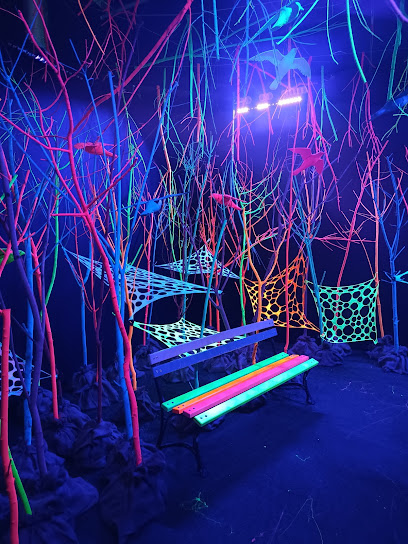
Kolejkowo
Explore the enchanting world of Kolejkowo in Gliwice, Poland - a miniature paradise filled with breathtaking landscapes and intricate train systems.
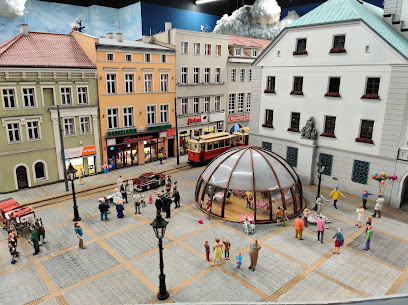
Park im. Fryderyka Chopina w Gliwicach
Explore the beauty of Park im. Fryderyka Chopina in Gliwice, a tranquil park perfect for relaxation, picnics, and cultural events amidst lush greenery.
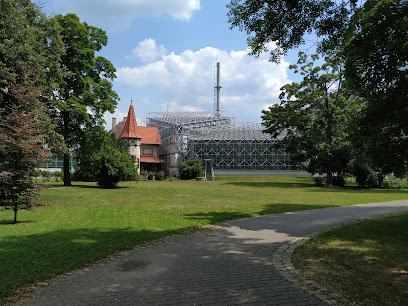
Rynek w Gliwicach
Explore the vibrant market square of Rynek in Gliwice, where history, culture, and local life come together in a charming atmosphere.
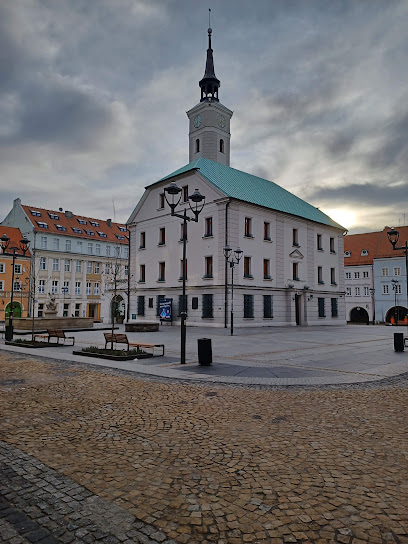
Museum in Gliwice - Gliwice Radio Station
Explore the Gliwice Radio Station, a historic gem of Polish communication history surrounded by beautiful parkland.
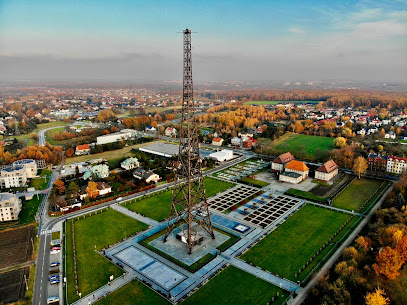
The palace and park complex in Pławniowice
Explore the breathtaking Palace and Park Complex in Pławniowice - a historical gem showcasing exquisite architecture and serene gardens.
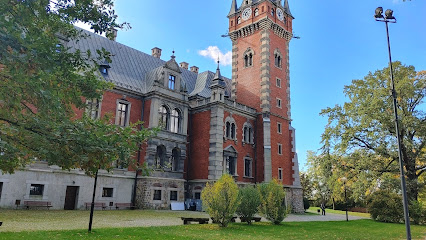
Kąpielisko Leśne
Discover relaxation and fun at Kąpielisko Leśne, Gliwice's premier swimming facility, surrounded by nature and perfect for families and sun-seekers alike.
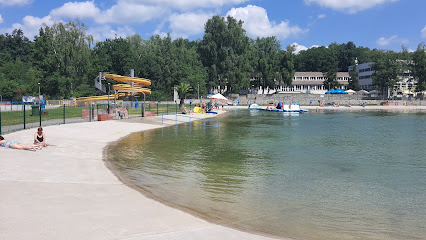
Culture and Leisure Park
Explore the serene Culture and Leisure Park in Gliwice, a perfect blend of nature, recreation, and cultural events for every traveler.
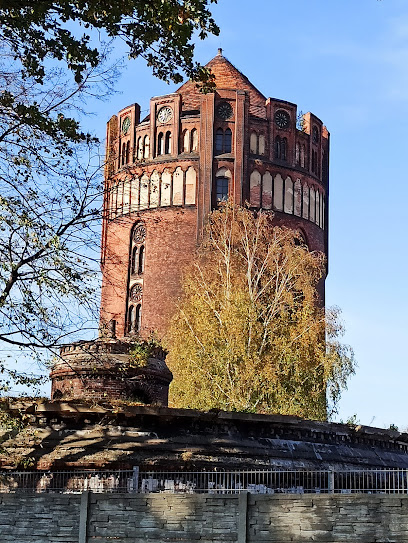
Wystawa Budowli z Klocków LEGO® Gliwice
Explore the imaginative world of LEGO at the Wystawa Budowli z Klocków in Gliwice – a spectacular exhibition for all ages.
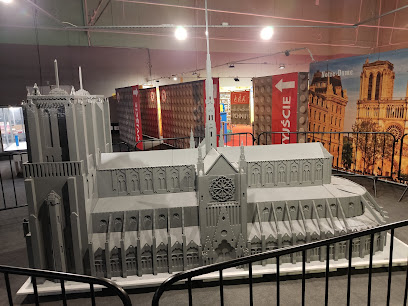
Museum Willa Caro in Gliwice
Explore the artistic treasures of Gliwice at Museum Willa Caro, a beautifully restored villa showcasing local heritage and exquisite art collections.
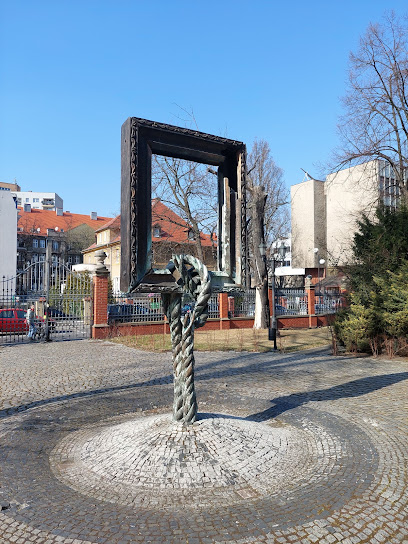
Park Linowy Gliwice LinaAdrena
Experience the thrill of treetop adventures and outdoor fun at Park Linowy Gliwice, the ultimate amusement park for nature lovers and thrill-seekers alike.
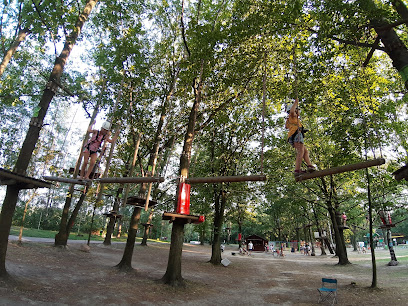
Museum in Gliwice - the Piast Castle
Immerse yourself in the rich history and culture of Gliwice at the enchanting Piast Castle Museum, a must-visit for every traveler.
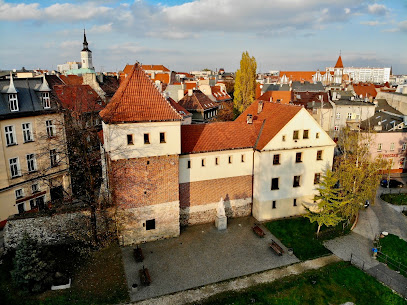
Ticktack ESCAPE ROOM
Experience thrilling adventures at TickTack Escape Room in Gliwice, where puzzles and mysteries await to be unlocked!
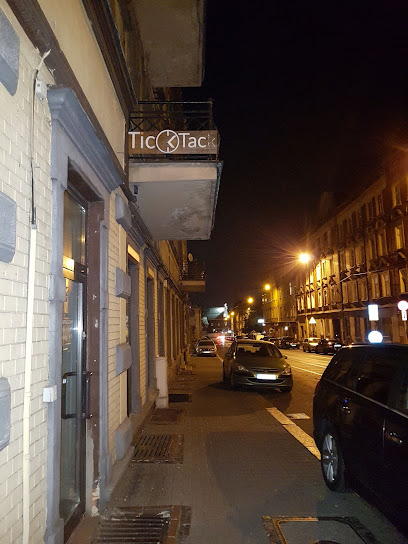
Park Starokozielski
Experience the serene beauty of Park Starokozielski in Gliwice, a perfect park for relaxation, recreation, and enjoying nature's splendor.
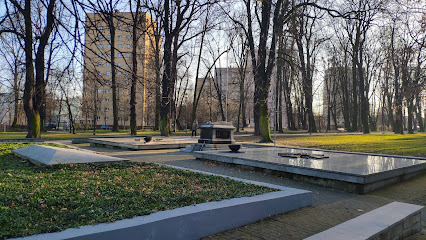
Unmissable attractions to see
Arena Spodek
Discover the iconic Arena Spodek in Katowice, Poland – a vibrant venue hosting concerts, sports, and cultural events in a stunning architectural setting.
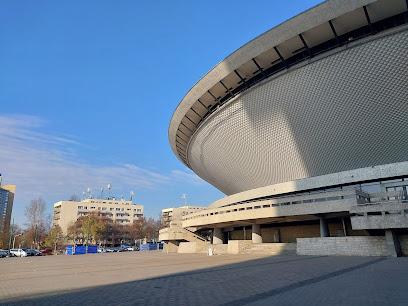
The Municipal Palm House, Gliwice
Immerse yourself in the exquisite beauty of The Municipal Palm House in Gliwice, a serene botanical garden showcasing diverse flora and aquatic life.
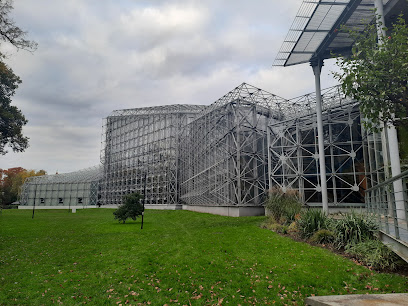
Market Square in Katowice
Experience the lively Market Square in Katowice, a cultural hub filled with history, stunning architecture, and vibrant local life.
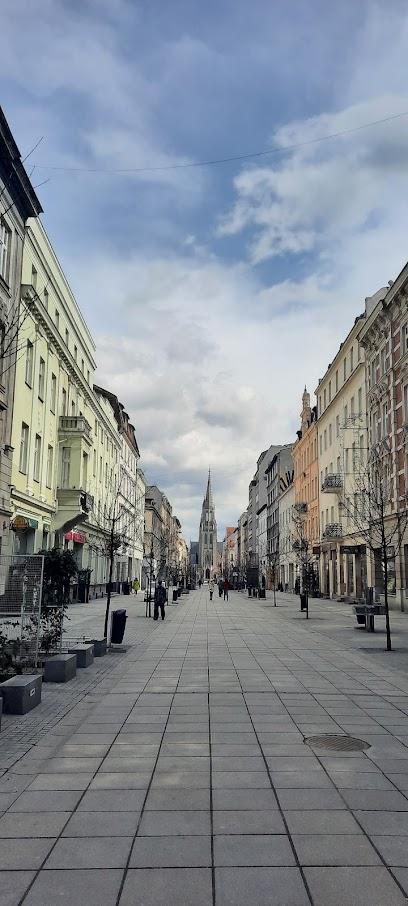
National Polish Radio Symphony Orchestra
Experience the enchanting sounds of the National Polish Radio Symphony Orchestra in Katowice, a cultural hub of classical music in Poland.
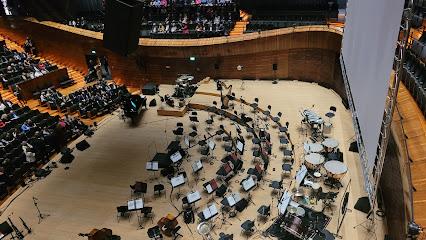
Funzeum
Discover creativity and joy at Funzeum, Gliwice's premier modern art museum and amusement center, perfect for families and art enthusiasts.
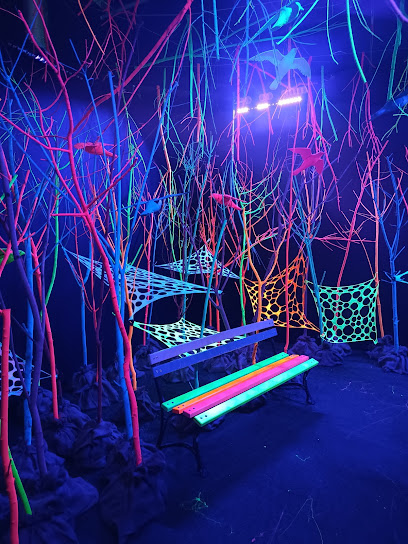
Katowice International Conference Centre
Explore the Katowice International Conference Centre, a modern architectural gem and cultural hub in the heart of Katowice, Poland.
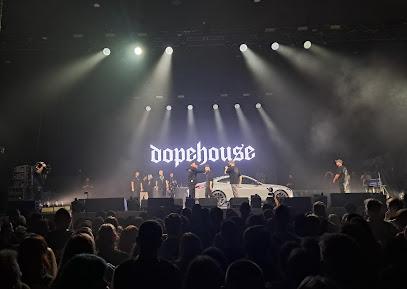
Silesian Museum
Experience the rich heritage of Silesia at the Silesian Museum in Katowice, showcasing art and history in a stunning architectural setting.
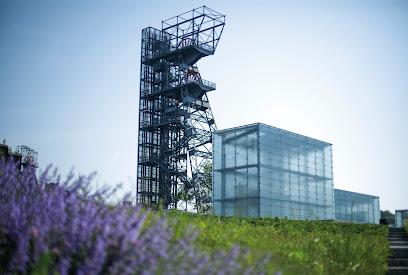
Kolejkowo
Explore the enchanting world of Kolejkowo in Gliwice, Poland, where intricate miniature landscapes and model trains come to life in a captivating display.
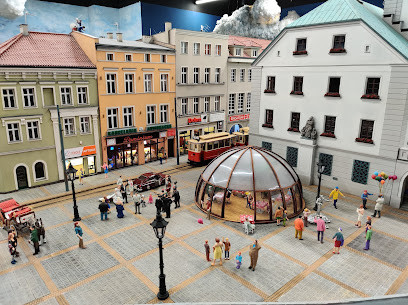
Park im. Fryderyka Chopina w Gliwicach
Discover the serene beauty of Fryderyk Chopin Park in Gliwice, a perfect escape for nature lovers and families with lush gardens and exotic palm house.
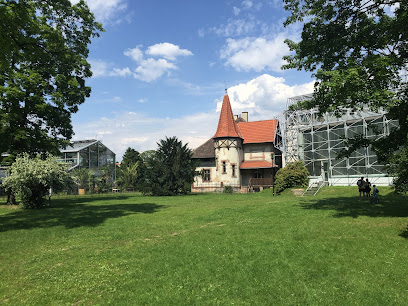
Rynek w Gliwicach
Experience the vibrant atmosphere of Rynek w Gliwicach, a historic market square filled with stunning architecture, local culture, and delightful eateries.
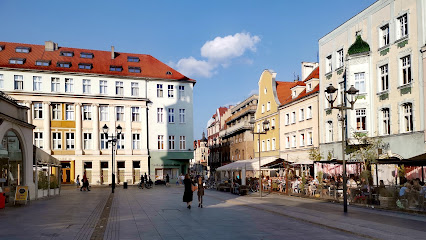
Park Chrobrego
Explore the serene beauty and recreational charm of Park Chrobrego, a must-visit urban oasis in Gliwice, Poland.
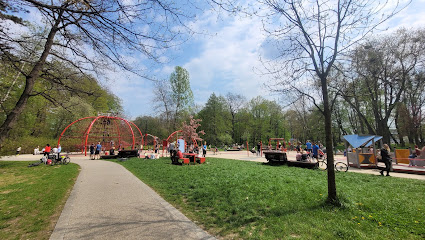
Museum in Gliwice - Gliwice Radio Station
Explore the iconic Gliwice Radio Station, the tallest wooden radio tower in the world, rich in history and a key player in the evolution of broadcasting.
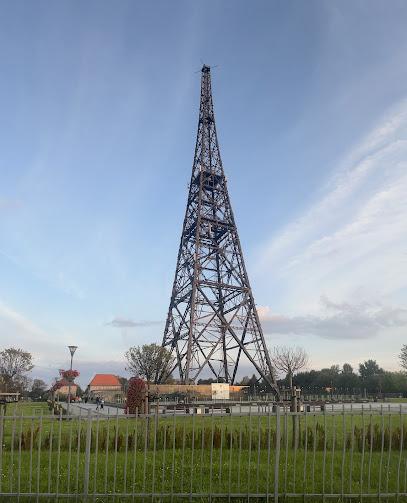
Museum in Gliwice - Gliwice Radio Station
Explore the historic Gliwice Radio Station, where the world's first radio transmission took place, and immerse yourself in a unique museum experience.
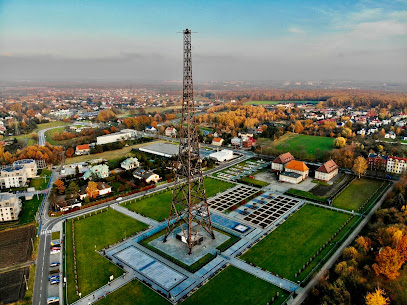
Memorial and Museum Auschwitz-Birkenau
Explore the profound history at Auschwitz-Birkenau Memorial and Museum, a UNESCO site dedicated to Holocaust remembrance and education.
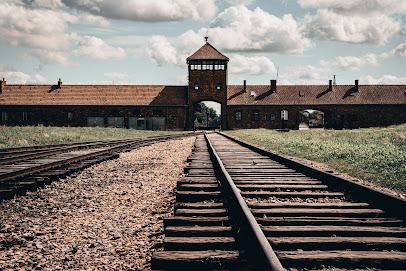
Silesian Theatre
Discover the enchanting Silesian Theatre in Katowice, a cultural landmark showcasing the best of Polish performing arts and rich history.
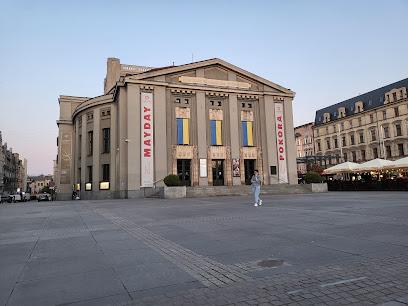
Essential places to dine
Ormiańska
Experience authentic Polish cuisine at Ormiańska in Gliwice – where tradition meets flavor in a cozy atmosphere.
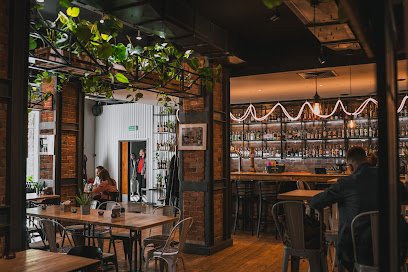
Restauracja Park Szwajcaria
Discover the authentic taste of Poland at Restauracja Park Szwajcaria in Gliwice - a delightful dining experience awaits!
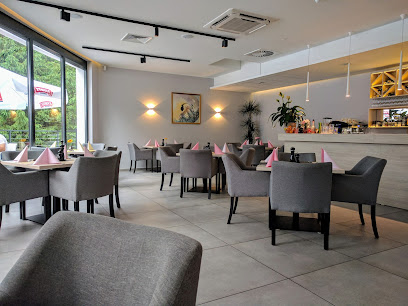
Club Hemingway
Savor exquisite dishes at Club Hemingway in Gliwice—where culinary artistry meets vibrant atmosphere for an unforgettable dining experience.
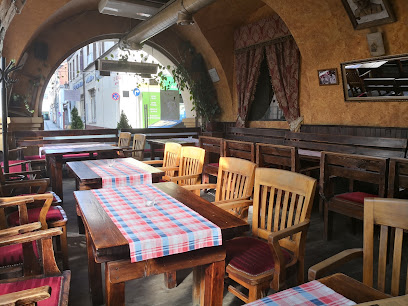
Moja Gruzja
Discover authentic Georgian cuisine at Moja Gruzja in Gliwice – where tradition meets flavor in every dish.
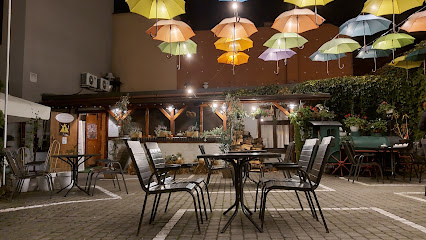
Stek Chata
Experience the ultimate steak dining at Stek Chata in Gliwice – where flavor meets tradition and every meal is a celebration.
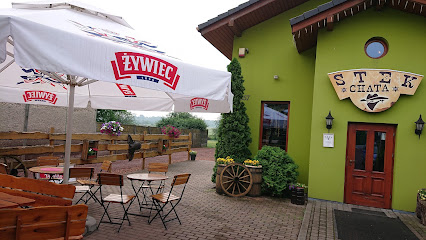
Saluto
Discover Gliwice's culinary gem with authentic pizzas and Italian dishes at Saluto – where every meal is a celebration.
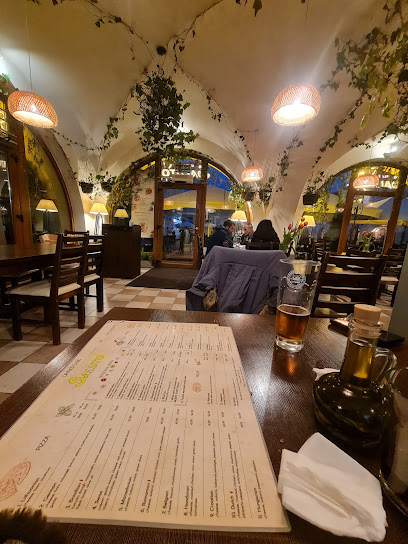
Pod Wiązem
Experience authentic Polish cuisine at Pod Wiązem in Gliwice – where tradition meets flavor in every dish.
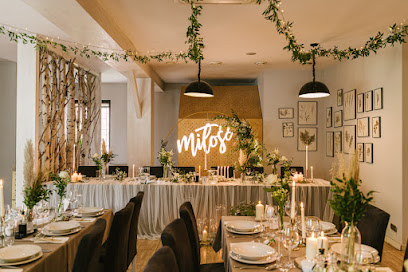
TitoTito
Experience authentic Italian cuisine at TitoTito in Gliwice - where every meal feels like a culinary journey through Italy.
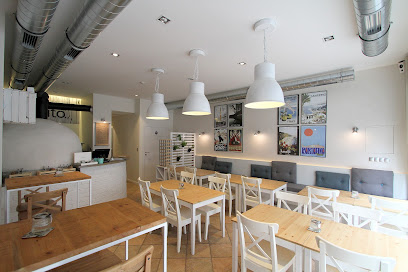
Desa Gastro Bar
Experience exquisite Polish cuisine blended with international flavors at Desa Gastro Bar in Gliwice.
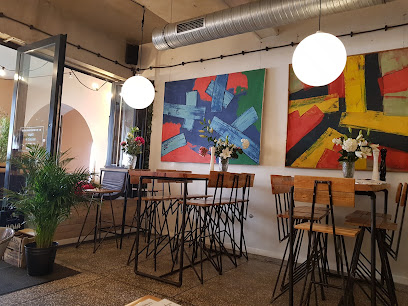
Dobra Kasza Nasza
Experience authentic Polish cuisine at Dobra Kasza Nasza, where tradition meets flavor in every delicious bite.
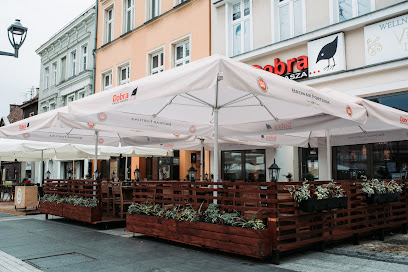
Qchnia
Experience the best of global flavors at Qchnia in Gliwice – where every meal tells a story.
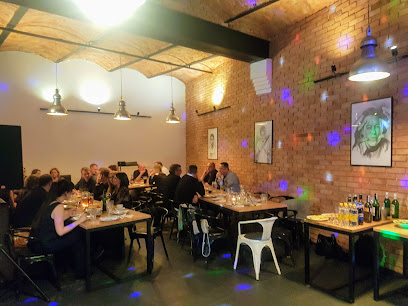
Sapori Divini
Experience authentic Italian cuisine at Sapori Divini in Gliwice - where every meal tells a story of tradition and flavor.
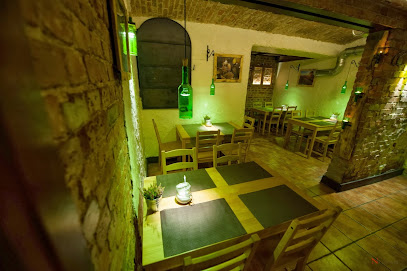
Boska
Discover Boska: A Culinary Gem in Gliwice Offering Delicious Pizza and Inviting Cafe Vibes for Tourists.
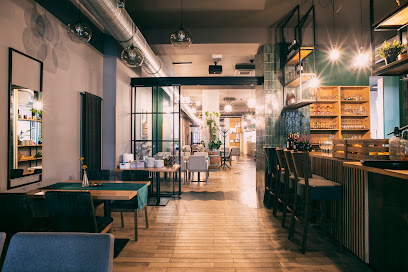
Waga Zwycięstwa 6
Experience authentic Polish cuisine at Waga Zwycięstwa 6 in Gliwice—where tradition meets flavor in a cozy setting.
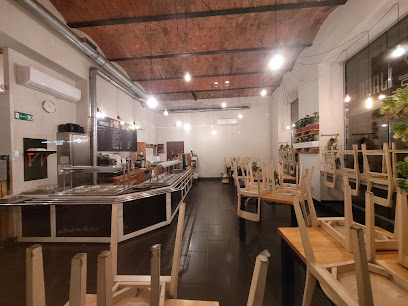
Micha Gliwice
Discover Micha Gliwice: A delightful soup shop offering authentic Polish flavors in a cozy atmosphere perfect for tourists.
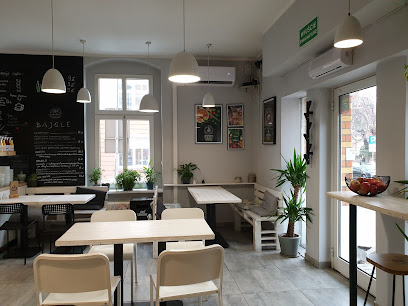
Markets, malls and hidden boutiques
Europa Centralna
Discover the ultimate shopping experience at Europa Centralna, Gliwice's vibrant shopping mall featuring top brands, delicious dining, and exciting entertainment.
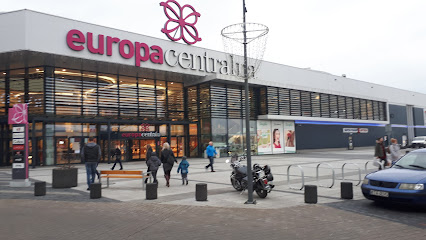
Forum Gliwice
Discover shopping, dining, and entertainment at Forum Gliwice, the ultimate destination for a vibrant retail experience in Poland.
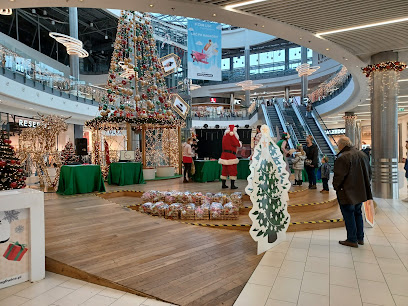
Centrum Handlowe Arena
Explore Centrum Handlowe Arena in Gliwice for an unforgettable shopping experience with diverse retail, dining, and entertainment options.
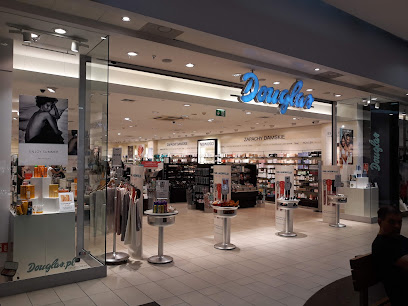
Factory Gliwice
Explore Factory Gliwice: A Premier Shopping Destination with Diverse Retail and Dining Options in Poland.
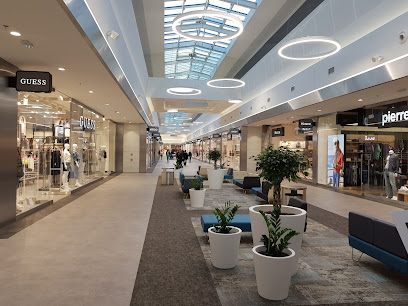
8a.pl
Your ultimate destination for outdoor adventures in Gliwice, offering top-notch camping gear, sportswear, and expert advice for every adventurer.
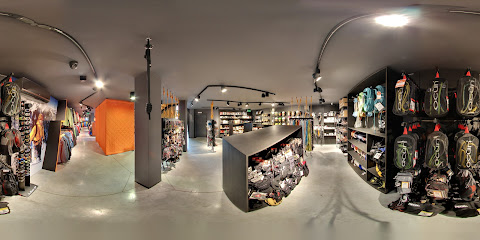
Flying Tiger Copenhagen
Explore the whimsical world of Flying Tiger Copenhagen in Gliwice, where creativity meets affordability in a unique shopping experience.
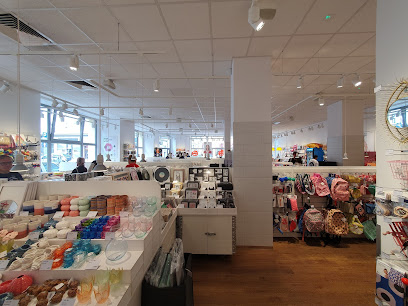
Empik
Discover Empik in Gliwice, a vibrant gift shop and bookstore offering a unique selection of books, stationery, and cultural gifts for all ages.
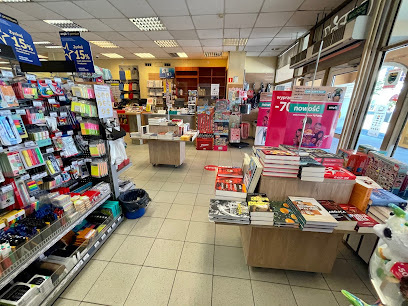
EtnoBazar.pl (Gliwice)
Explore a kaleidoscope of cultures at EtnoBazar.pl in Gliwice, where exotic goods, authentic cuisines, and unique handicrafts await.
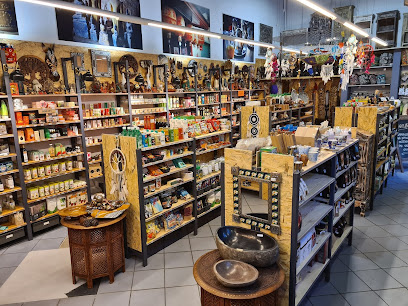
Gryfnie
Explore Gryfnie in Gliwice: Your destination for unique gifts, art supplies, and local collectibles that embody Polish creativity.
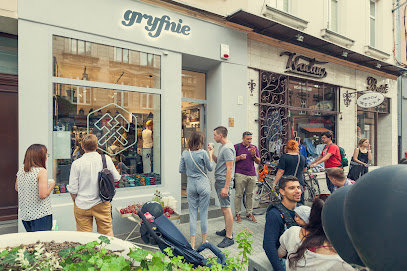
Lilou
Explore the exquisite craftsmanship and elegance of Lilou Jewelry Store in Gliwice, where personalized jewelry comes to life.
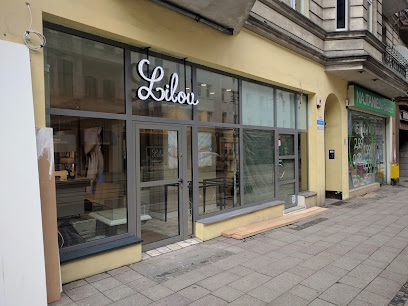
Sklep Piastoholicy
Explore Sklep Piastoholicy for unique custom t-shirts that capture the essence of Gliwice's vibrant culture and creativity.
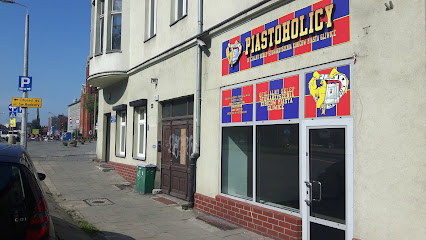
Outlet Cream*
Discover stylish apparel at Outlet Cream in Gliwice, where affordability meets trendy fashion for every shopper.
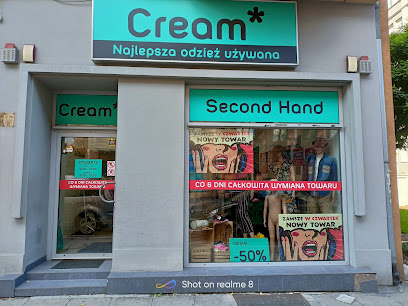
Folkstar Gliwice
Explore Folkstar Gliwice for unique handcrafted Polish pottery and souvenirs that embody the spirit and culture of Poland.
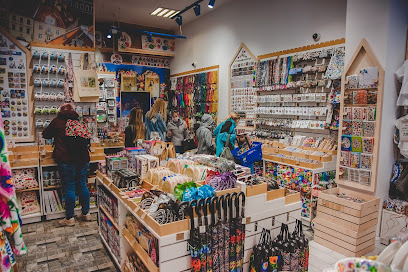
Domino. Boutique. Komornicka M.
Explore stylish fashion at Domino Boutique in Gliwice, where modern trends meet local craftsmanship for an unforgettable shopping experience.
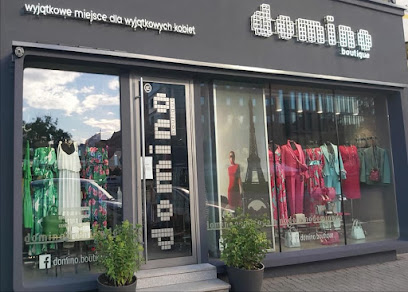
Euphoria fashion boutique
Discover unique women's fashion at Euphoria Fashion Boutique, a stylish haven in Gliwice offering a curated selection of clothing for every occasion.
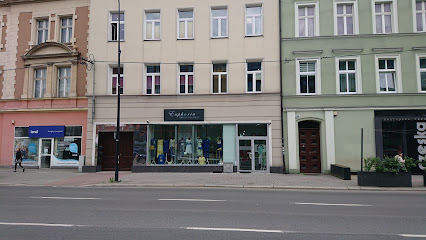
Essential bars & hidden hideouts
Club Hemingway
Experience the vibrant nightlife and exquisite dining at Club Hemingway, Gliwice's premier restaurant and bar.
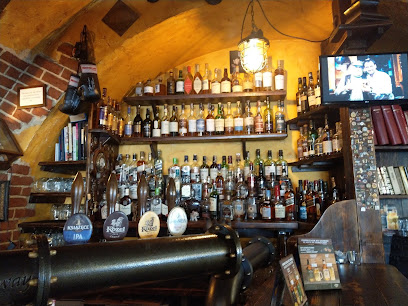
Bar Teatralny Jadłodajnia Szybkie jedzenie Tanie jedzenie Obiady domowe
Experience the heart of Gliwice at Bar Teatralny, where homemade meals and local charm come together at affordable prices.
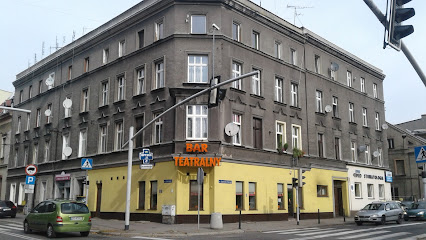
Ministerstwo Śledzia i Wódki
Experience the authentic flavors of Poland at Ministerstwo Śledzia i Wódki, a vibrant gastropub in Gliwice offering delicious food and local drinks.
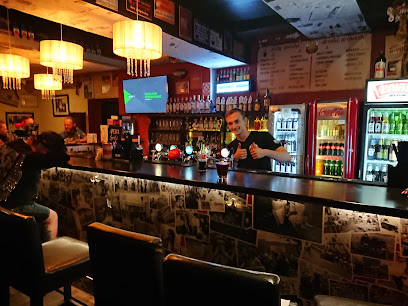
Desa Gastro Bar
Experience the culinary delights of Desa Gastro Bar in Gliwice, where tradition meets modern cuisine for an unforgettable dining experience.
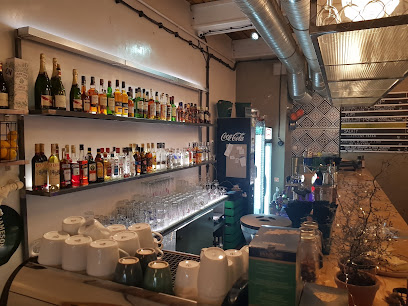
Dobry Zbeer - piwo kraftowe i kuchnia meksykańska
Discover the vibrant fusion of Mexican cuisine and craft beer at Dobry Zbeer in Gliwice, a culinary experience not to be missed.
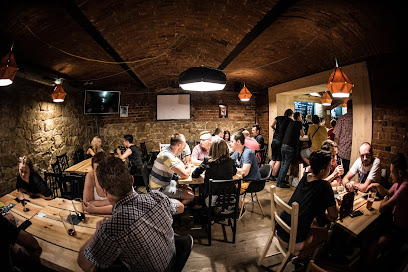
Dom Alchemika
Experience the best of Gliwice at Dom Alchemika, where craft beer meets a cozy ambiance and delicious food.
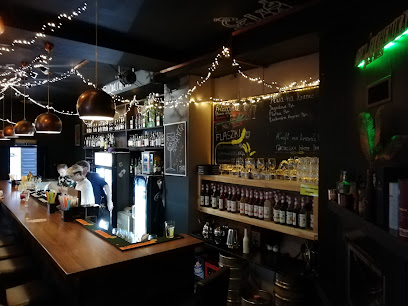
Wine Bar Lofty - Skład wina
Discover the elegance of Wine Bar Lofty in Gliwice, a wine lover's paradise featuring exquisite selections and a cozy atmosphere.
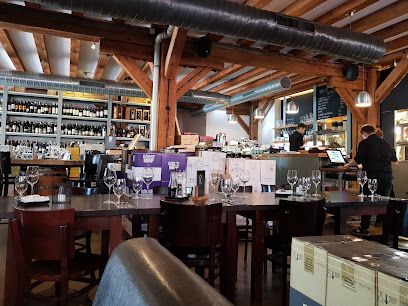
MOMO Restaurant & Wine
Discover the culinary delights at MOMO Restaurant & Wine in Gliwice, where exquisite dishes and a fine wine selection await every visitor.
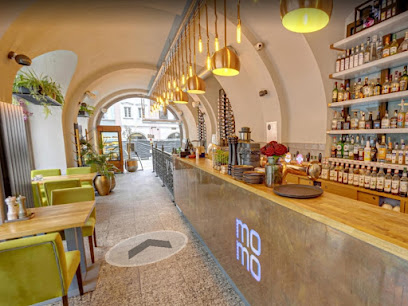
Warka
Experience the vibrant brewpub scene at Warka in Gliwice, where craft beers and delicious snacks create the perfect atmosphere for relaxation.
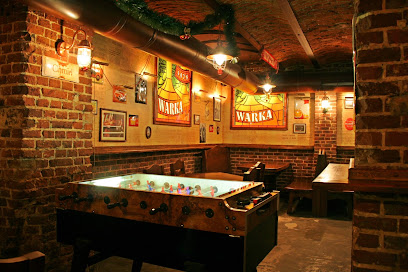
Stary Kufel
Discover the best of Gliwice's craft beer scene at Stary Kufel, a cozy brewpub offering a unique selection of local brews and a vibrant atmosphere.
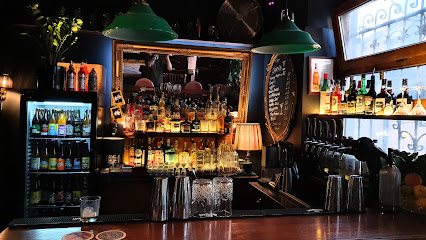
Koneser Pub
Discover the lively atmosphere and local flavors at Koneser Pub in Gliwice, where great drinks and vibrant entertainment await.
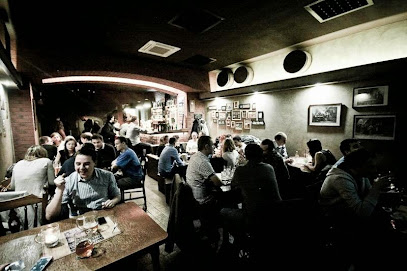
Takk Bar & Lounge
Experience the vibrant nightlife at Takk Bar & Lounge in Gliwice, where innovative cocktails and a lively atmosphere await every visitor.
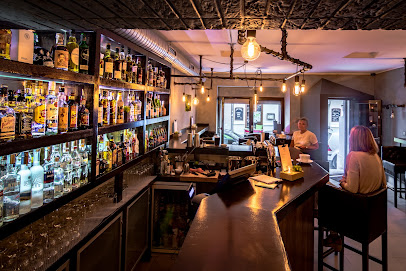
Hearts Pub Gliwice
Experience the vibrant atmosphere and local craft brews at Hearts Pub in Gliwice, where every sip tells a story.
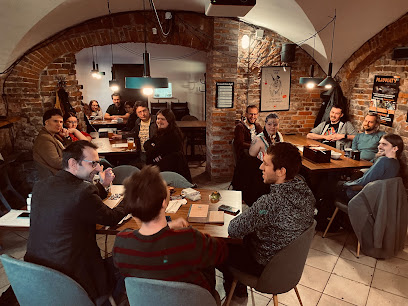
HELLGATE
Discover Hellgate Pub in Gliwice - your go-to spot for a lively atmosphere and delightful drinks, perfect for unwinding after a day of adventure.
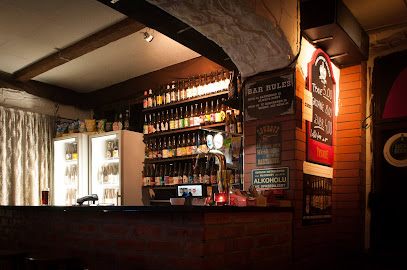
Local Phrases
-
- HelloCześć
[Cheshch] - GoodbyeDo widzenia
[Do veedzenya] - YesTak
[Tak] - NoNie
[Nye] - Please/You're welcomeProszę
[Proshe] - Thank youDziękuję
[Jenkoo-yoo] - Excuse me/SorryPrzepraszam
[Pzheprasham] - How are you?Jak się masz?
[Yak shay mahsh?] - Fine. And you?Dobrze. A ty?
[Dobzhe. A tih?] - Do you speak English?Czy mówisz po angielsku?
[Chih moovish poh ang-yehlskoo?] - I don't understandNie rozumiem
[Nye rozoomyem]
- HelloCześć
-
- I'd like to see the menu, pleaseChciałbym zobaczyć menu, proszę
[Hchalbm zobachich menu, proshe] - I don't eat meatNie jem mięsa
[Nye yem myensa] - Cheers!Na zdrowie!
[Na zdrovye!] - I would like to pay, pleaseChciałbym zapłacić, proszę
[Hchalbm zapwacheech, proshe]
- I'd like to see the menu, pleaseChciałbym zobaczyć menu, proszę
-
- Help!Pomocy!
[Pomotsi!] - Go away!Odejdź!
[Odeydz] - Call the Police!Zadzwoń po policję!
[Zadzvon po politzyeh!] - Call a doctor!Zadzwoń po lekarza!
[Zadzvon po lekarza!] - I'm lostZgubiłem się
[Zgoobiem say] - I'm illJestem chory
[Yestem hory]
- Help!Pomocy!
-
- I'd like to buy...Chciałbym kupić...
[Hchalbm koopich...] - I'm just lookingTylko się rozglądam
[Tihko shyeh rohzglondam] - How much is it?Ile to kosztuje?
[Eele to kosh-too-yeh?] - That's too expensiveTo jest za drogie
[To yest za drogyeh] - Can you lower the price?Czy możesz obniżyć cenę?
[Chih moo-zhesh obneeooych cheneh?]
- I'd like to buy...Chciałbym kupić...
-
- What time is it?Która jest godzina?
[Ktoora yest gojzina?] - It's one o'clockJest pierwsza
[Yest pyervshah] - Half past (10)Pół do dziesiątej
[Poo do dzyeshyontay] - MorningRano
[Rano] - AfternoonPopołudnie
[Popowoodnyeh] - EveningWieczór
[Viechoor] - YesterdayWczoraj
[Vchoray] - TodayDzisiaj
[Jee-shey] - TomorrowJutro
[Yootro] - 1Jeden
[Yeden] - 2Dwa
[Dva] - 3Trzy
[Tshi] - 4Cztery
[Chteri] - 5Pięć
[Pyench] - 6Sześć
[Sheshch] - 7Siedem
[Syedem] - 8Osiem
[Oshyem] - 9Dziewięć
[Jevyench] - 10Dziesięć
[Dzyeshyonts]
- What time is it?Która jest godzina?
-
- Where's a/the...?Gdzie jest...
[Gdzyeh yest...] - What's the address?Jaki jest adres?
[Yaki yest adress?] - Can you show me (on the map)?Czy możesz mi pokazać (na mapie)?
[Chih moo-zhesh mee pokazach (na mapye)?] - When's the next (bus)?Kiedy jest następny (autobus)?
[Kyedy yest nastepny (autobus)?] - A ticket (to ....)Bilet (do ...)
[Byelet (do ...)]
- Where's a/the...?Gdzie jest...
History of Gliwice
-
Gliwice's origins date back to the early medieval period, with the first mention of the settlement appearing in 1276. During this time, Gliwice was part of the Kingdom of Poland, and it developed as a small trade and craft center. The town received its Magdeburg rights in 1276, which spurred further growth and development.
-
In the 16th century, Gliwice came under the control of the Habsburg Monarchy following the defeat of the Kingdom of Bohemia. The 19th century brought significant industrial development to Gliwice, transforming it into an important center for coal mining and metallurgy. The city's first blast furnace was built in 1794, laying the foundation for its industrial prowess.
-
Gliwice is notably known for the Gleiwitz incident on August 31, 1939, when German SS troops staged a false flag operation by attacking the Gliwice Radio Tower. This event was used by Nazi Germany as a pretext to invade Poland, marking the beginning of World War II. The radio tower, standing at 118 meters, is the tallest wooden structure in Europe and remains a significant historical landmark.
-
After World War II, Gliwice became part of Poland once again. The post-war period saw extensive reconstruction and modernization efforts. The establishment of the Silesian University of Technology in 1945 significantly contributed to Gliwice's development as an academic and technological hub. Today, Gliwice is known for its industrial heritage, vibrant cultural scene, and educational institutions.
-
Gliwice boasts a rich cultural heritage with numerous landmarks. The Piast Castle, dating back to the 14th century, is a testament to the city's medieval past. The Market Square, with its Renaissance-style Town Hall, is the heart of Gliwice's historic center. The Palm House in Chopin Park, one of the oldest botanical gardens in Poland, showcases exotic plants and offers a tranquil escape.
Gliwice Essentials
-
Gliwice is located in the Silesian Voivodeship of Poland. The nearest international airport is Katowice Airport, approximately 45 kilometers away. From Katowice Airport, you can take a taxi or a direct bus to Gliwice, which takes about 40 minutes. Alternatively, you can reach Gliwice by train from major Polish cities like Warsaw, Krakow, and Wrocław. The journey from Warsaw takes around 2.5 to 3 hours by train. Gliwice is also well-connected by road, with several bus services operating from nearby cities.
-
Gliwice has an efficient public transportation system, including buses and trams that connect various parts of the city. Tickets can be purchased at kiosks, ticket machines, or directly from the driver. Taxis are also readily available and can be called via phone apps. For those who prefer to drive, car rental services are available. The city center is pedestrian-friendly, making it easy to explore on foot or by bike.
-
The official currency in Poland is the Polish Zloty (PLN). Credit and debit cards are widely accepted in hotels, restaurants, and shops. ATMs are plentiful throughout the city, and currency exchange offices can be found in the city center. It is advisable to carry some cash for smaller establishments and markets, as not all places accept cards.
-
Gliwice is generally a safe city for tourists. However, it is always advisable to take standard precautions. Avoid walking alone at night in unfamiliar areas and keep an eye on your belongings in crowded places. While Gliwice does not have specific high-crime areas targeting tourists, staying vigilant and aware of your surroundings is always a good practice.
-
In case of emergency, dial 112 for immediate assistance, which connects you to police, fire, and medical services. The local police station and medical facilities are available throughout Gliwice. It is recommended to have travel insurance that covers medical emergencies. For minor health issues, pharmacies are readily available where you can purchase over-the-counter medications.
-
Fashion: Do dress smart-casual when dining out or visiting cultural sites. Avoid overly casual or revealing clothing in religious places. Religion: Do respect local customs and traditions. Always be quiet and respectful in churches. Public Transport: Do be considerate and give up your seat to elderly passengers. Don’t eat or drink on public transport. Greetings: Do greet people with a handshake. A smile and a simple 'Dzień dobry' (Good day) is appreciated. Eating & Drinking: Do try local cuisine and accept food offerings graciously. Don’t refuse hospitality, as it is considered impolite.
-
To experience Gliwice like a local, visit the Rynek (market square) where you can enjoy outdoor cafes and local shops. Engage with locals, who are often friendly and willing to share stories about the city's history and culture. Don’t miss a visit to the Gliwice Radio Tower, which is the tallest wooden structure in the world. For a unique experience, take a walk through the Palm House in Chopin Park, which houses a variety of exotic plants.
Trending Landmark in Gliwice
-
The Municipal Palm House, Gliwice
-
Funzeum
-
Kolejkowo
-
Park im. Fryderyka Chopina w Gliwicach
-
Rynek w Gliwicach
-
Museum in Gliwice - Gliwice Radio Station
-
The palace and park complex in Pławniowice
-
Kąpielisko Leśne
-
Culture and Leisure Park
-
Wystawa Budowli z Klocków LEGO® Gliwice
-
Museum Willa Caro in Gliwice
-
Park Linowy Gliwice LinaAdrena
-
Museum in Gliwice - the Piast Castle
-
Ticktack ESCAPE ROOM
-
Park Starokozielski
Nearby Cities to Gliwice
-
Things To Do in Bielsko-Biala
-
Things To Do in Ostrava
-
Things To Do in Czestochowa
-
Things To Do in Opole
-
Things To Do in Krakow
-
Things To Do in Žilina
-
Things To Do in Olomouc
-
Things To Do in Martin
-
Things To Do in Zakopane
-
Things To Do in Wroclaw
-
Things To Do in Kielce
-
Things To Do in Trenčín
-
Things To Do in Tarnow
-
Things To Do in Lodz
-
Things To Do in Banská Bystrica











